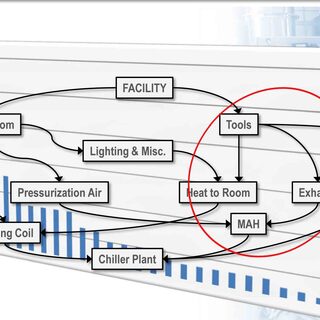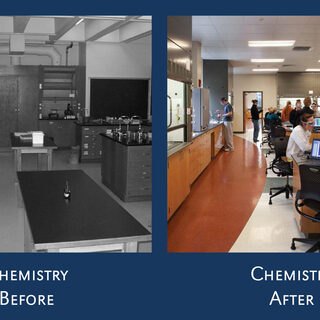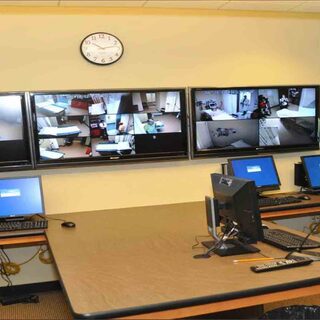Tradeline's industry reports are a must-read resource for those involved in facilities planning and management. Reports include management case studies, current and in-depth project profiles, and editorials on the latest facilities management issues.
Latest Reports
Creating Efficient Flows in Nanotechnology Facilities
Flexibility is paramount in any research facility, but particularly in nanotechnology, which is evolving so quickly that a design can become outdated by the time construction is complete. Nanotechnology facilities also present unique requirements with their sensitive equipment and cleanrooms. Overcoming these challenges requires a robust structure and an acute understanding of how people and materials flow through the building.
Comprehensive Stakeholder Engagement Yields World-Class STEM Facility
Carefully coordinated stakeholder engagement is critical in the design and redevelopment of science, technology, engineering, and math (STEM) facilities. Effective buildings for the teaching of STEM disciplines are designed by understanding the desired pedagogy, and by enlisting faculty throughout the process to help align the resulting facilities with a school’s culture and mission, according to Christopher Chivetta of Hastings+Chivetta Architects and Stephanie Fabritius, vice president for academic affairs and dean of Centre College in Danville, Ky.
Space Strategies: Consulting the Experts
In the concluding Open Forum/Town Hall session of Tradeline’s Space Strategies 2013 Conference, moderator Derek Westfall, president of Tradeline, and subject matter commentators Michael Sheeres, executive director of infrastructure for University Health Network; Nathan Corser, design principal at IDC Architects and a senior architect at its parent company, CH2M Hill; and Marte Byrne, senior facilities planner at Boston Scientific, led a knowledge exchange on specific question posed by conference attendees.
Technology Plays Critical Role in Design of Medical Education Facilities
The kind of technology prevalent in today’s health sciences education requires a robust infrastructure that must be figured into a facility’s design during the budgeting and planning stages. Virtual simulation, virtual anatomy, tablet computers, 3-D stereographic display, software tools for collaboration, and touch interaction with LCD monitors—even the tried-and-true classroom technology, such as whiteboards, videoconferencing, telephone conferencing, dual-image large screen projection, large screen LCD monitors, and connectivity for personal devices—all require thoughtful consideration.
Krembil Discovery Tower
The nine-story, 325,000-sf Krembil Discovery Tower in Toronto features 170,000 sf of research laboratories on five-and-a-half floors, and houses 150 scientists from the Krembil Neuroscience Centre, Donald K. Johnson Eye Centre, and Buchan Arthritis Research Centre, as well as Altum Health and the Tanz Centre for Research in Neurodegenerative Diseases.




